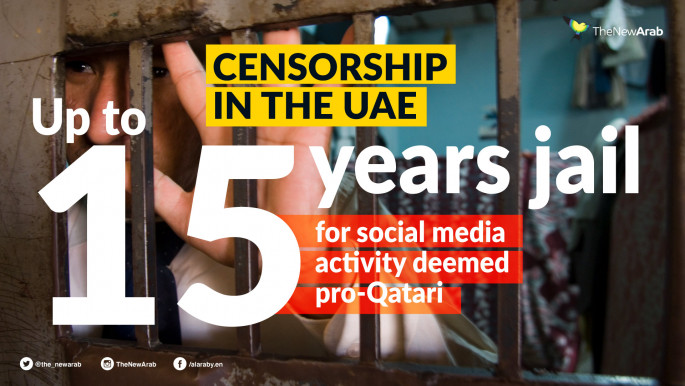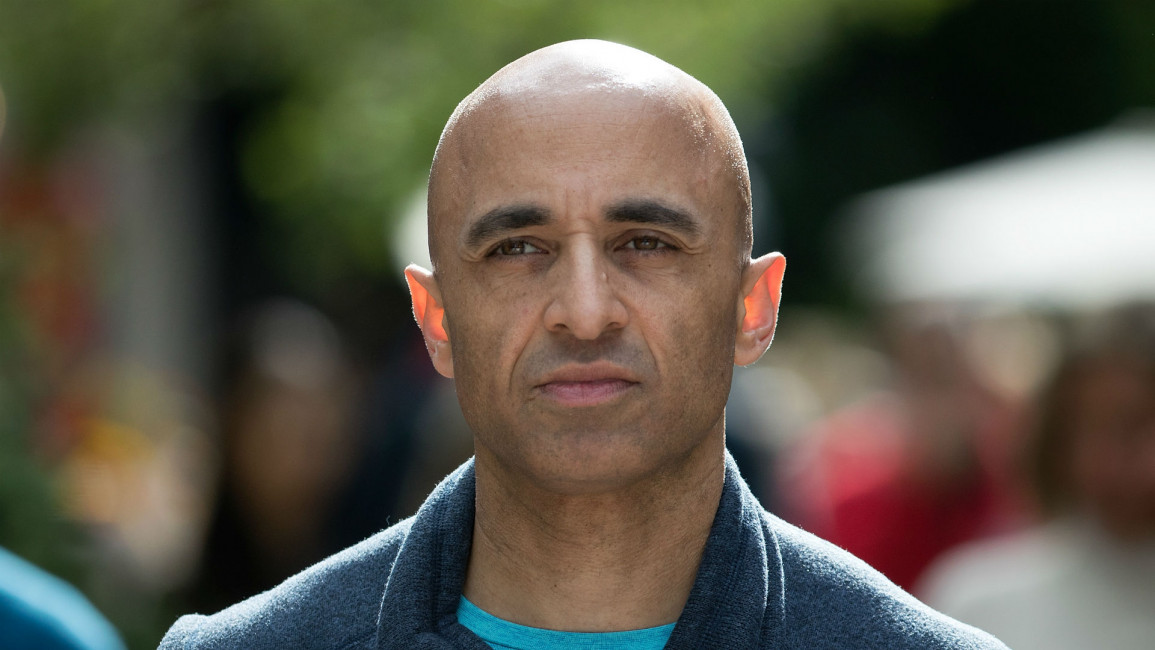UAE's Washington ambassador Otaiba: Saudi leaders are crazy
 |
|
The UAE and Saudi Arabia are close allies, with the emirates a key member of a Saudi-led coalition which cut ties with Qatar on 5 June.
The UAE is also an integral member of a Saudi coalition waging war in Yemen.
Abu Dhabi has been accused of running secret prisons in the country, with UAE forces allegedly committing arbitrary detentions, torture and enforced disappearances.
Lobbying for MBS
Otaiba's email exchanges also reveal a strategy of support for Mohammed bin Salman, who was installed as crown prince in June to replace Mohammed bin Nayef as successor to the throne.
"But with MBS we see a genuine change. And that's why we're excited. We finally see hope there and we need it to succeed," Otaiba wrote to NYT columnist Friedman, according to MEE.
A month earlier, Otaiba had written to Martin Indyk, the former US ambassador to Israel, calling the Saudi prince a "pragmatic leader" who should be engaged with.
The UAE ambassador also wrote to Steven Cook, a senior fellow at the Council of Foreign Relations, calling bin Salman a "reformer".
"He believes in very much what we in the UAE believe in. Empowering young people, making govt accountable," Otaiba said in the emails obtained by MEE.
King Salman, 81, named his son Mohammed bin Salman crown prince after firing Mohammed bin Nayef, the 57-year-old nephew of the Saudi king.
Despite the Saudi court's best efforts to paint the handover as a smooth transition, speculation was rife at the time about a palace coup.
Bin Nayef was reportedly confined to his palace and barred from travelling abroad after he was replaced by the king's son as the crown prince.
Bin Salman also reportedly exploited the prince's alleged addiction to painkillers to pressure him to stand down, Reuters reported.



